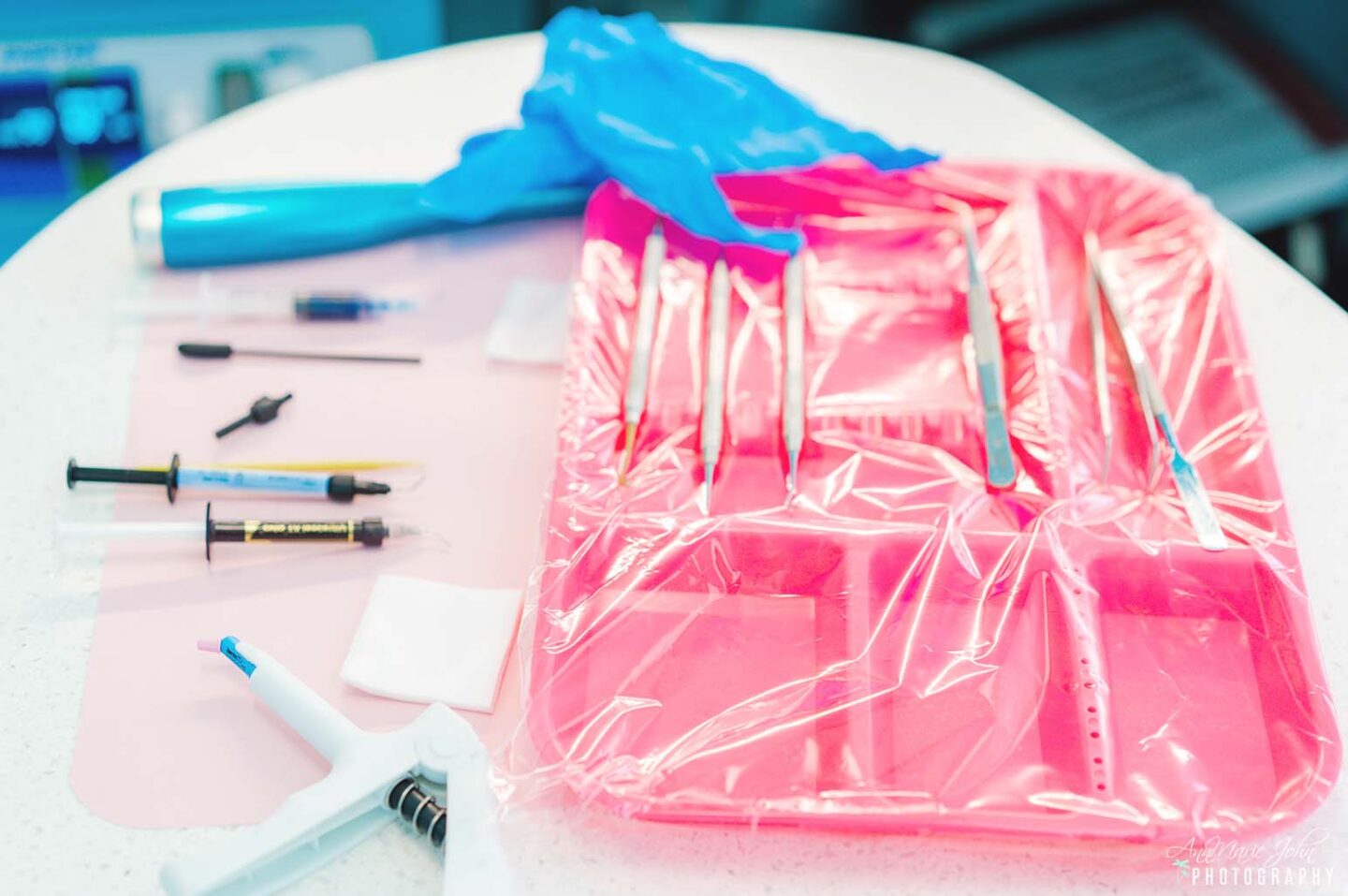Poor oral hygiene can lead to tooth decay and gum disease. These conditions can cause pain, infection, and tooth loss. And that is where dental hygienists come in. Dental hygienists are often the first point of contact for patients, and they provide preventive care, education, and support to maintain healthy teeth and gums. Here are the roles dental hygienists play in treatment.
Read Also: Common Dental Problems You Need to Be Aware Of

Who Are Dental Hygienists?
A dental hygienist is a professional who specializes in oral health. They are trained to clean teeth, remove tartar and plaque, and provide other preventive dental care. To become a dental hygienist, one must complete an accredited dental hygiene program and pass a state licensing exam. The scope of practice for dental hygienists varies from state to state. If you are in Texas and are interested in becoming a dental hygienist, you are lucky. There are many reputable dental hygienist schools in Texas to choose from. You can easily find one that fits your personal needs. Dental hygienists work in private dental practices, public health clinics, hospitals, and other settings. They may work full-time or part-time. They work closely with dentists and other healthcare professionals to ensure that patients receive the best possible care.
What Role Do They Play in Treatment?
Depending on their education and area of expertise the dental hygienists can:
Examine Patients for Signs of Oral Disease
Oral disease can manifest in several ways, and they vary depending on the type of disease. Dental hygienists examine patients for signs of oral disease, and they use various techniques to do so. One common method is called dental charting, which involves recording the location and severity of any lesions or other abnormalities. Dental hygienists may also take x-rays, which can help identify problems that are not visible to the naked eye. In addition, they may use special instruments to examine the teeth and gums for signs of disease.
Determine Ongoing Procedure
After the initial examination, the dental hygienists will work with the dentist to determine an ongoing course of treatment. This may include teeth cleaning, as well as other preventive measures. In some cases, more extensive treatment may be necessary, and the dental hygienist will refer the patient to a dentist for further care. However, in many cases, the dental hygienist will be able to provide all of the necessary care.
Educate Patients
One of the essential roles of a dental hygienist is to educate patients on proper oral hygiene. It includes teaching them how to brush and floss properly and how to avoid foods that can damage their teeth. Dental hygienists also provide instruction on the use of fluoride, which can help to prevent cavities. In addition, they may explain the importance of regular dental visits and how to choose a toothbrush and toothpaste that are right for their needs. They also provide more information on specific procedures, such as teeth whitening or getting a dental crown. By educating patients on proper oral hygiene, dental hygienists can help prevent various dental problems.
Keep Patient Records
They are responsible for keeping track of patients’ treatments and any changes in their oral health. They are also responsible for reviewing a patient’s medical history. This information is important because it can help identify any conditions that may increase the risk of developing oral problems. For example, a patient with diabetes may be more likely to develop periodontal disease.
This information is essential for the dentist and other healthcare professionals who may need to provide care for the patient in the future. Dental hygienists use a variety of software programs to maintain patient records, and they must be familiar with both state and federal regulations regarding the confidentiality of these records.
Read also: How Often Does My Child Need to Go to the Dentist
Remove Plaque and Tartar
You may not realize it, but plaque and tartar can build up on your teeth over time. That is why dental cleaning is essential. If left untreated, these deposits can lead to cavities or gum disease. Dental hygienists remove plaque and tartar from teeth, and they use a variety of instruments to do so. Scaling and root planing are two common procedures to remove plaque and tartar from the teeth. Dental hygienists may also prescribe antibiotics or other medications to help control the infection. In addition, they may polish the teeth to help remove any remaining residue. They may place sealants on the teeth to help prevent future problems.

In Conclusion
While the duties of a dental hygienist vary depending on the setting in which they work, all hygienists are dedicated to providing quality oral care to their patients. They play an important role in preventing and treating dental problems, and they work closely with dentists and other healthcare professionals to ensure that patients receive the best possible care.
